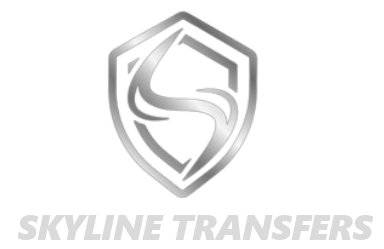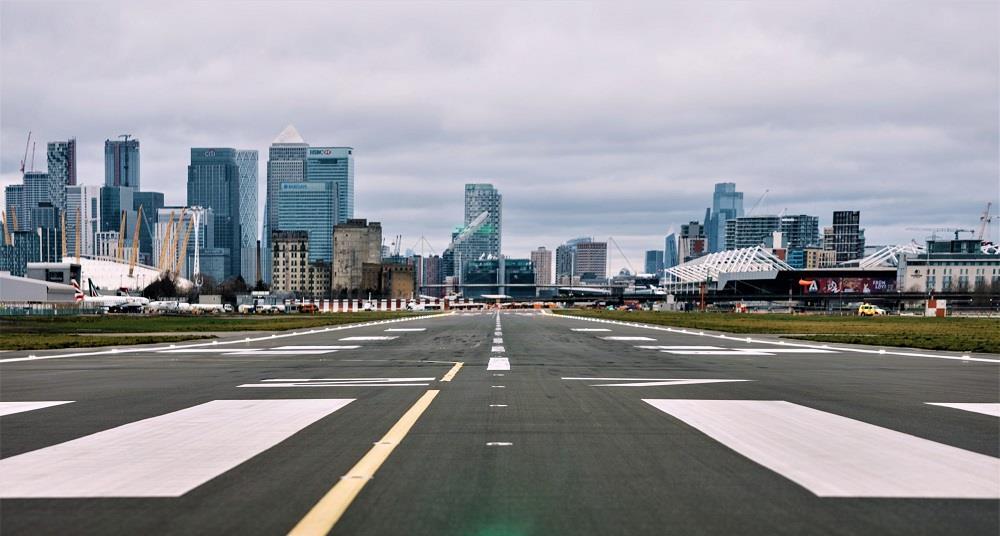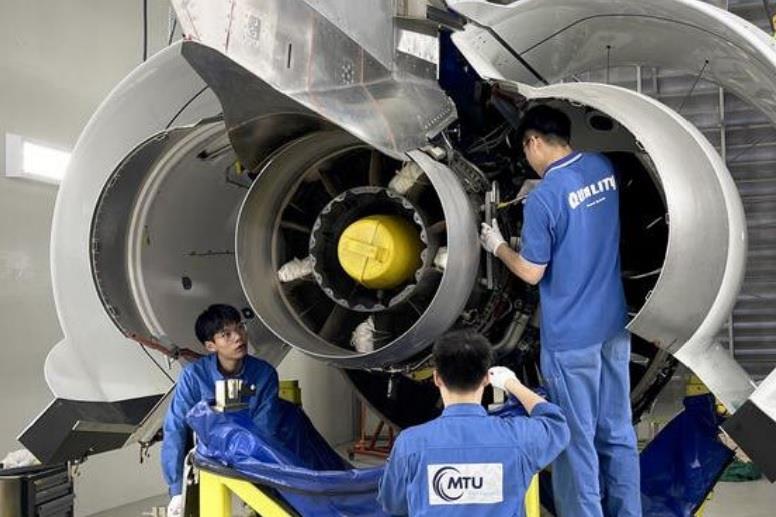Spirit alleges that rival airlines seek its demise with stock de-listing imminent | News
Company
Legal Links
Contact
- +44 7947 753363
- contact@skylineairporttransfers.co.uk
- 6 Walsall Street Bilston Wolverhampton WV14 0AT
Recent Posts
© Skyline Airport Transfers. Created by![]() Beaphoenix WebDesign ltd
Beaphoenix WebDesign ltd
Popular Locations:
Birmingham: Aston, Bournville, Edgbaston, Erdington, Great Barr, Hall Green, Handsworth, Harborne, Northfield, Quinton, Soho, Sutton Coldfield, Amblecote, Brierley Hill, Coseley, Cradley, Gornal, Halesowen, Kingswinford, Lye, Netherton, Sedgley, Stourbridge, Quarry Bank, Bearwood, Blackheath, Cradley Heath, Great Bridge, Old Hill, Rowley Regis, Smethwick, Tipton, Tividale, Wednesbury, West Bromwich, Balsall Common, Bickenhill, Castle Bromwich, Chelmsley Wood, Dorridge, Elmdon, Hampton in Arden, Kingshurst, Knowle, Marston Green, Meriden, Monkspath, Hockley Heath, Shirley, Aldridge, Birchills, Bloxwich, Brownhills, Darlaston, Leamore, Palfrey, Pelsall, Pheasey, Shelfield, Streetly, Willenhall, Bilston, Blakenhall, Bushbury, Compton, Ettingshall, Heath Town, Oxley, Penn, Tettenhall, Wednesfield, Burntwood, Lichfield, Cannock, Rugeley, KIDDERMINSTER, Brierly Hill,
STOURPORT-ON-SEVERN
Coventry: Allesley, Binley, Keresley, Stoke, Tile Hill
Leicester: Abbey Rise, Ashton Green, Aylestone, Beaumont Leys, Bede Island, Belgrave, Blackfriars, Braunstone, Braunstone Frith, Bradgate Heights, Clarendon Park, Crown Hills, Dane Hills, Evington, Evington Valley, Eyres Monsell, Frog Island, Goodwood, Hamilton, Highfields, Horston Hill, Humberstone, Humberstone Garden, Kirby Frith, Knighton, Mowmacre Hill, Netherhall, Newfoundpool, New Parks, North Evington, Northfields, Rowlatts Hill, Rowley Fields, Rushey Mead, Saffron, Southfields, South Knighton, Spinney Hills, Stocking Farm, Stoneygate, St. Matthew’s, St. Mark’s, St. Peters, Thurnby Lodge, West End, West Knighton, Western Park, Woodgate
Derby: Matlock, Ripley, Ashbourne, ILKESTON, SWADLINCOTE , BURTON-ON-TRENT, BAKEWELL,
ALFRETON, BELPER, HEANOR
Telford: Market Drayton, Newport, Shifnal, Broseley, Much Wenlock
Stoke: Stoke-on-Trent, Newcastle, Leek, Uttoxeter, Stone, Stafford
Worcester: Worcester, Droitwich, Pershore, Broadway, Evesham, Malvern, Tenbury Wells
Gloucester: Gloucester, Cheltenham, Stroud, Cirencester, Tewkesbury, Badminton, Berkeley, Blakeney, Chipping Campden, Cinderford, Coleford, Drybrook, Dursley, Dymock, Fairford, Lechlade, Longhope, LydbrookLydney, Mitcheldean, Moreton-in-Marsh, Newent, Newnham, Ruardean, Stonehouse, Tetbury, Westbury-on-Severn, Wotton-under-Edge.
Nottingham: Nottingham, Sutton-in-Ashfield, Mansfield, Newark, Southwell, Grantham, Sleaford
Leicester: Leicester, Hinckley, Loughborough, Melton Mowbray, Oakham Market, Harborough, Lutterworth, Wigston, Ashby-de-la-Zouch, Ibstock, Markfield
Oxford: Oxford, Kidlington, Chipping Norton, Thame, Wallingford, Didcot, Wantage, Abingdon, Banbury, Carterton, Woodstock, Bicester, Witney, Chinnor, Watlington
Chester: Chester, Deeside, Bagillt, Buckley, Holywell, Birkenhead, Preston, Wallasey, Wirral, Neston, Ellesmere Port, Prenton
Airports we serve:
BHX: Birmingham Airport
EMA: East Midlands Airport
LHR: London Heathrow Airport
MAN: Manchester Airport
LGW: London Gatwick Airport
LTN: London Luton Airport
SOU: Southampton Airport
BRS: Bristol Airport
LPL: Liverpool John Lennon Airport
LCY: London City Airport
STN: London Stansted Airport



A Spirit Airlines executive argues that major US carriers have sought to put the discounter “out of business” as it faces imminent de-listing from the New York Stock Exchange (NYSE).
Spirit’s stock will be de-listed from the NYSE on 16 December, confirming the struggling carrier’s earlier prediction that it would be dropped from the world’s largest exchange amid bankruptcy proceedings.
The NYSE notified the US Securities and Exchange Commission (SEC) of the decision in a 5 December filing, which notes that all existing shares will be wiped out as a result of its Chapter 11 restructuring.
”All of the company’s existing common stock and other equity interests will be cancelled without any distributions to the holders of such common stock and other equity interests on account thereof,” reads the SEC filing.
Spirit had an opportunity to appeal the NYSE’s decision but did not file such a request.
Trading of Spirit stock under the SAVE ticker was suspended following the company’s bankruptcy filing on 18 November. The stock has since started trading on the OTC Pink Market – ”a significantly more-limited market” than the NYSE, Spirit said on 20 November. “The company can provide no assurance that its common stock will continue to trade on this market.”
Spirit executives maintain that the ultra-low-cost carrier (ULCC) will emerge from bankruptcy with a stronger balance sheet, and insist there are no plans to cease operations.
However, some airline industry observers say that Spirit’s underlying issues, including its cost structure, are unlikely to be addressed by reorganisation. Predictions abound that Spirit will be acquired by a competitor or its A320neo-family jets will be liquidated after it completes Chapter 11 proceedings in the first quarter.
Notably, United Airlines CEO Scott Kirby recently speculated that fleet liquidation is Spirit’s most likely fate, Travel + Leisure reports. Kirby’s comments are loaded, as United may have interest in some or all of Spirit’s assets.
Matt Klein, Spirit’s chief commercial officer, testified to a US senate subcommittee on 4 December that United and others full-service carriers have intentionally dialled up competitive pressure on the ULCC, hoping for a collapse.
”For a very long time, we have been dealing with the lack of access to certain airports,” he says. ”When we do get some access, it is limited and frequently we are given gates but they are on the far ends of the airport, which makes it very difficult to provide a good guest experience. It makes it very difficult for us to operate efficiently and effectively. It raises our costs, which of course makes it very hard to be profitable.”
Klein further points to a “manufactured pilot shortage” coming out of the Covid-19 pandemic ”where some of our legacy carrier competitors basically paid their most senior pilots to retire early”.
Such carriers as American Airlines, Delta Air Lines and United then “turned around and hired all of our pilots, or a lot of our pilots”, Klein says.
Spirit has in recent months furloughed hundreds of pilots as it makes drastic cuts to its network and passenger capacity, partially in response to an oversaturated domestic leisure market. But Klein says pilot-poaching fits into a broader pattern of major US airlines targeting Spirit.
“Some CEOs have said they’re gunning for us,” he says. “They want to put us out of business and they just can’t wait for that to happen.”
Spirit CEO Ted Christie has previously characterised the US airline industry as an “evermore rigged game” in which most profits are ”concentrated in just two companies”, referring to Delta and United.
Source link
Share This:
skylinesmecher
Plan the perfect NYC Memorial Day weekend
Pack only what you need and avoid overpacking to streamline the check-in and security screening…
LA’s worst traffic areas and how to avoid them
Consider using alternative routes, such as Sepulveda Boulevard, which runs parallel to the 405 in…
London City consults on shallower glideslope to enable A320neo operations
London City airport is seeking to implement a shallower glideslope of 4.49° – compared with…
GTF shop visits continue to drive commercial maintenance revenues at MTU
MTU Aero Engines is expecting continuing strong demand for powerplant maintenance, with the persisting Pratt…
Draken boosts UK ‘Red Air’ service delivery with L-159E after completing first depot-level inspection
Adversary training specialist Draken has completed a first depot-level inspection on one of the Aero…
Rolls-Royce lifts Trent engine durability-improvement target
Rolls-Royce has hiked the durability improvement target for its Trent engine time-on-wing programme, raising the…
Strong aftermarket drives up Rolls-Royce aerospace profits despite dip in engine deliveries
While supply-chain issues dragged engine deliveries down last year, Rolls-Royce’s financial performance in civil aerospace…
Airbus plots European-developed version of autonomous H145M helicopter
Airbus Helicopters is actively pursuing a domestically-developed autonomous uncrewed version of its H145M light-twin for…
Canada’s first Pilatus PC-21 Siskin II trainer enters flight-testing in Switzerland
Pilatus has completed the first flight of a PC-21 trainer produced for the Royal Canadian…
French navy receives final upgraded ATL-2 maritime patrol aircraft
France has completed a major upgrade to its navy-operated fleet of Dassault-Breguet ATL-2 maritime patrol…
BK 160 crashed into lake during upset-recovery training but cause remains elusive
Dutch investigators have been unable to determine conclusively why a Blackshape BK 160 descended rapidly…
Ex-GTLK Europe 777-300ERs sold for engine and spares recovery
Joint liquidators of the Russian-linked leasing firm GTLK Europe have sold three Boeing 777-300ERs to…